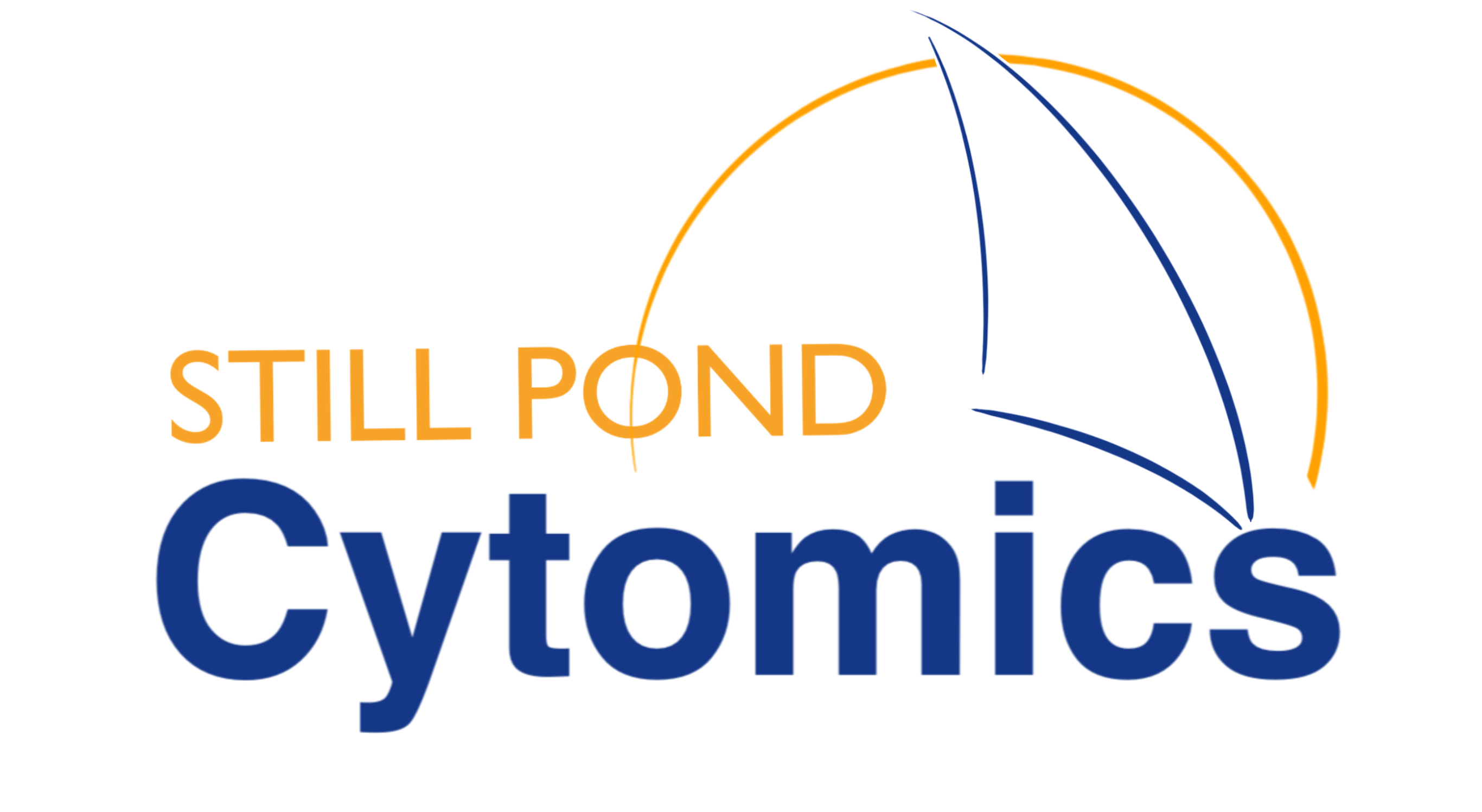
Our core workshop was developed and offered for faculty, students and staff at the University of Pennsylvania over the past several years. The workshop aims to cultivate a group of people who have the knowledge and skills to understand and develop advanced data analysis algorithms for the complex data generated in flow cytometry. As a scientist who uses flow cytometry in your research, you are well aware of the power of the technology and the complexity of the data it generates, as well as with the difficulties and limitations of conventional data analysis approaches based on manual sequential gating.
In this workshop you will learn to wield a set of tools based upon the R Statistical Programming Environment and Bioconductor. With these tools, and armed with knowledge of some best programming practices, you will be able to create data analysis approaches that are limited only by your own imagination and creativity. You will also learn how to collaborate in teams to develop programs, thereby leveraging your software development efforts.
Developing such analysis algorithms is not for the faint of heart. You will need to spend considerable effort to internalize these new skills and will undoubtedly encounter many frustrations. In our experience, most people fail to reach a useful level of competency. However, with perseverance, we hope you will be rewarded with a powerful skill set that will not only help you overcome obstacles in discovering new knowledge from your experimental data, but will also serve you well in your career going forward. Our goal is to help you in any way we can to succeed in this challenge.
I owe a great debt of thanks to Dan Bieting for permission to borrow from his course on R for transcriptomics, as well as his advice on course mechanics. I also want to thank Herb Holyst and Matei Ionita who have been a great partners with me developing this workshop. Thanks Dan, Matei and Herb!
